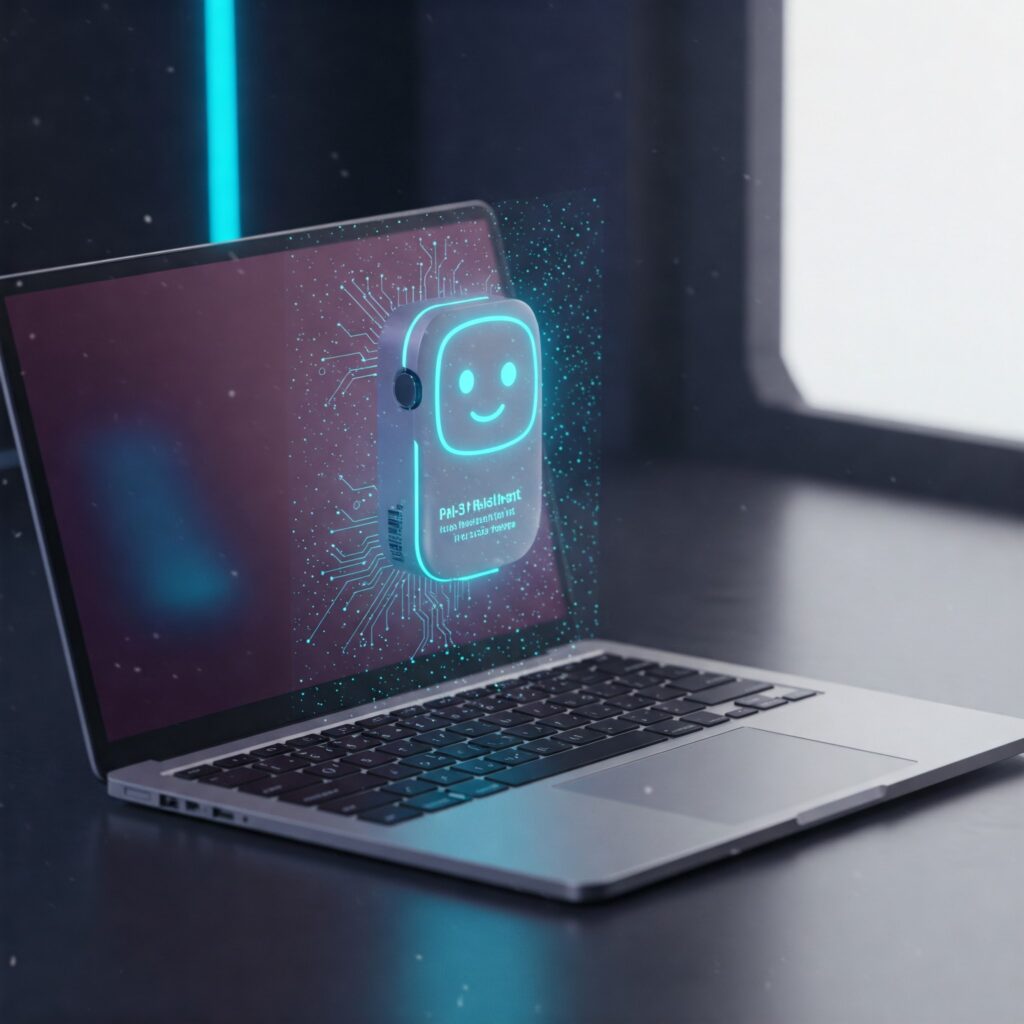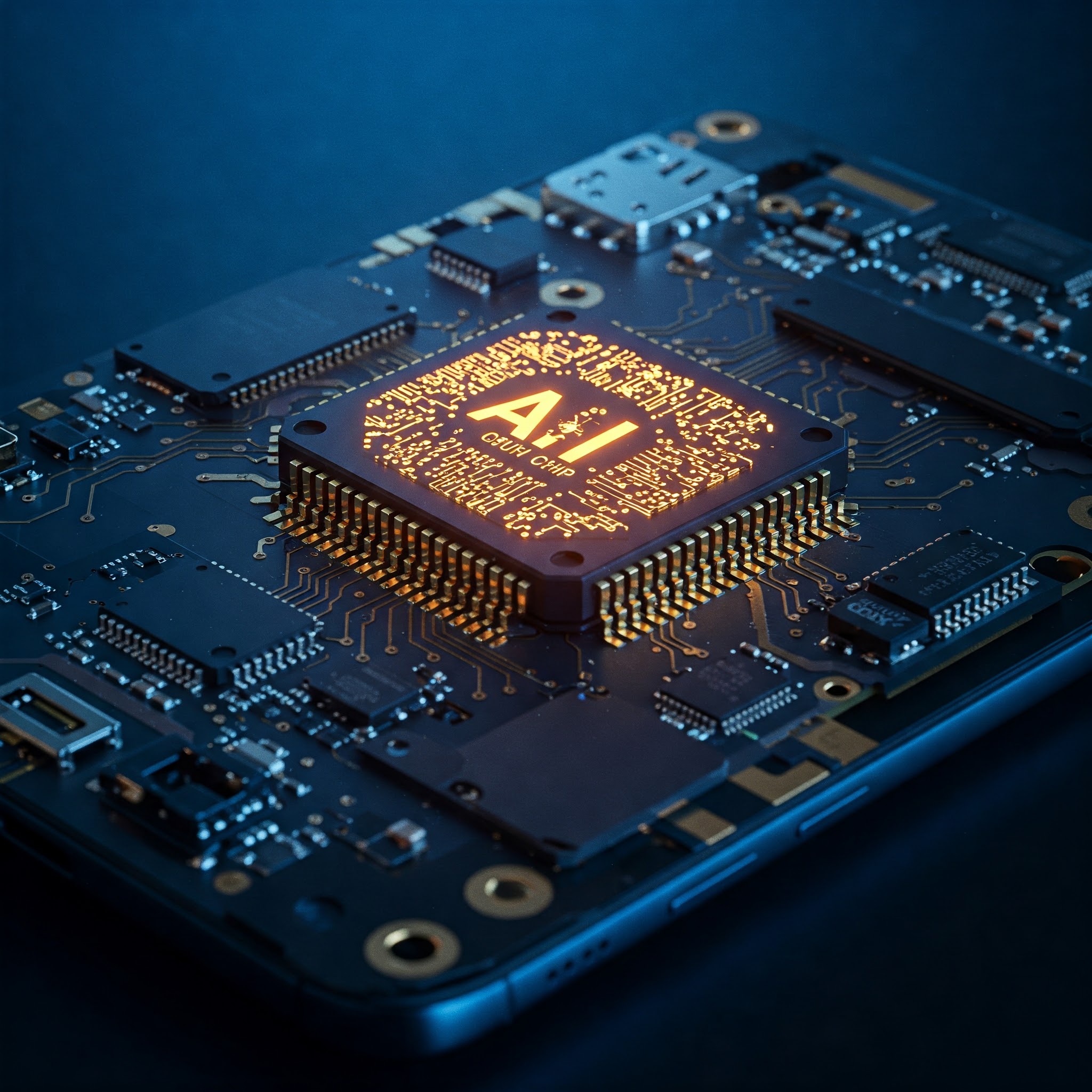Microsoft Unveils Phi-3: A Smaller, Faster AI Model
Big AI in a Smaller Package
Microsoft has officially launched Phi-3, the latest iteration in its family of AI models, designed to be lighter, faster, and more efficient—without compromising on performance. This strategic leap brings advanced AI to mobile and edge devices, enabling real-time processing without relying on the cloud.
What Makes Phi-3 Special?
Phi-3 isn’t just a smaller version of a large language model—it’s an optimized tool built for performance in constrained environments. Here’s what sets it apart:
- Compact Model Size: Perfectly sized for smartphones and laptops
- Fast Processing: Outpaces traditional models like GPT-3.5
- Energy Efficiency: Reduces power consumption significantly
- On-Device AI: Enhances privacy and functionality without internet dependency
Phi-3 is designed to empower practical use cases where speed, efficiency, and privacy are non-negotiable.
Real-World Applications of Phi-3
Microsoft envisions Phi-3 supporting diverse domains, such as:
- Voice-enabled assistants and chatbots in mobile apps
- Smart home devices with real-time responsiveness
- Embedded AI in business apps for field workers
- Healthcare and educational platforms in remote areas
With its on-device intelligence, Phi-3 promises to transform everyday tech by making AI more reliable, personalized, and accessible.

Pushing the Boundaries of AI
Phi-3 is a step toward democratizing AI—bringing powerful capabilities out of data centers and into users’ hands. This shift reduces reliance on continuous cloud connectivity, aligning with privacy-first approaches and enhancing offline experiences.
Transition words like moreover, in contrast, and ultimately can be sprinkled across sections to improve flow and readability, like this:
Moreover, Phi-3’s ability to run locally ensures faster responses. In contrast to cloud-only models, it offers more control over data. Ultimately, this unlocks new possibilities for secure, responsive, and accessible AI.
Conclusion
Ultimately, Phi-3 redefines what lightweight AI can achieve. Microsoft’s innovation balances speed, privacy, and performance—all in a compact model. As AI continues to evolve, Phi-3 is proof that smaller models can deliver bigger impact, enabling smarter and more secure tech experiences for everyone.arter, more personalized, and privacy-focused AI across devices. Whether you’re a developer, enterprise user, or everyday tech enthusiast, Phi-3 has something impactful to offer.
